The Ripple Effect
-News and Commentary-
One Team, Two Truths: Wrestling With Gender, Sports, and the Meaning of Fairness
- Home
- News and Commentary
- One Team, Two Truths: Wrestling With Gender, Sports, and the Meaning of Fairness

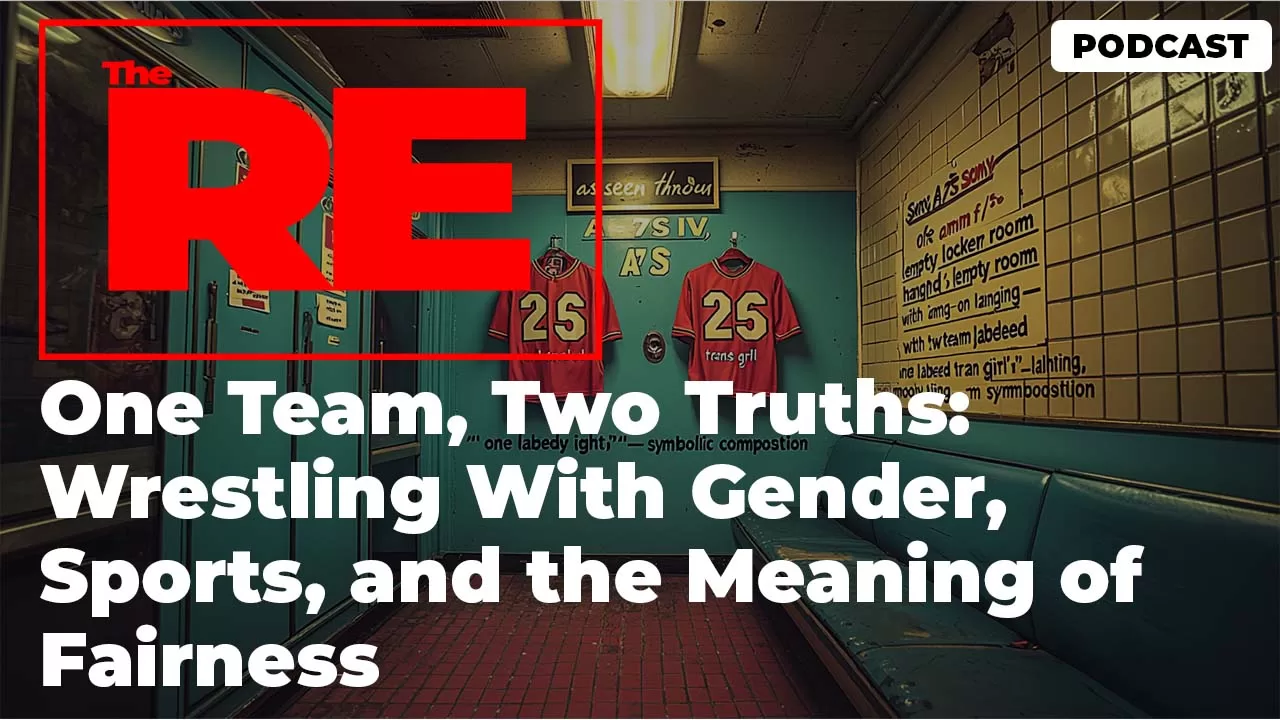
Today in The Ripple Effect, we’re discussing the tension between gender identity and biological reality—where trans inclusion in high school sports meets the question of fairness, and where personal truth runs up against public policy.
Let me be transparent about something I don’t usually say out loud. I’ve always had a deep respect for trans people. And if I’m being real with myself, I’ve also had a genuine attraction—not in some sensationalized, private-tab-on-a-browser way, but in a human way. I’ve met trans women who were beautiful, smart, funny, and confident. One in particular stands out. Years ago, my next-door neighbor was a trans woman from Brazil. She was a nurse—drop-dead gorgeous, feminine, kind, and carried herself with grace. You would have never known she was trans unless she told you, which she eventually did. One of my boys ended up dating her. They’re not together anymore, but she’s still in our lives, and to this day I consider her a friend.
She wasn’t a headline or a debate. She was just a person. And being around her taught me a lot—not just about trans people, but about how much of our discomfort comes from what we think we know, not what we actually experience.
That said, I still carry a kind of spiritual hesitation. I grew up in the church. My grandfather was a pastor. I’ve sat through sermons, Bible studies, prayer groups—the whole thing. And even though I haven’t been active in church since college, some things stay with you. One of those things came from my old college roommate, Sean. He was a deacon even back then—never missed church. We were different in a lot of ways, but what he once told me stuck with me: “I’d rather live like there is a heaven and hell and be wrong than live like there isn’t and find out I was wrong.”
This is not breaking news. We don't report the news. We Unpack it. Explain it. And analyze what it means.
Click this button to add us to your home screen.
That logic hit me. Because even if I’m unsure where I stand on some things, I understand what he meant—make choices that protect your spirit, just in case. That’s where my struggle comes in. Not because I don’t support people living how they want to live—but because I still have this lingering sense of, “What if I’m not supposed to?” What if leaning all the way into what I feel means risking something deeper?
It’s not judgment. It’s tension. And I think a lot more people feel it than admit it.
That same tension plays out in society, especially now when it comes to trans inclusion in high school sports. Every week there’s a new article: A trans girl wins a state title. A cisgender girl loses out on a scholarship. A state passes a ban. A school board updates its policy. One side calls it progress. The other calls it unfair. And in between all that noise? Real kids. Real athletes. Real people trying to compete, exist, and be seen.
The thing is, two truths can exist at the same time.
I can believe in freedom and still believe in boundaries.
I can support someone’s identity and still believe biological differences matter.
I can be empathetic and still be honest about what feels fair.
That’s where I’m at.
I don’t think trans athletes should be banned from sports. But I don’t believe it’s fair to compete outside of your biological sex—especially in high school, where sports can shape futures. We’re not just talking about team spirit. We’re talking about scholarships, records, and access to opportunity. And no matter how much we want to make things inclusive, there’s still the reality that biological males often have advantages in strength, speed, and endurance—even after hormone therapy.
That doesn’t mean trans athletes don’t work hard. I’m sure they do. But effort doesn’t erase biology.
And that’s the line I find myself walking.
I want people to be free. To live. To be who they are. That part is easy for me. But I also believe in fairness. And when fairness gets compromised in the name of progress, it creates a new kind of imbalance. One where inclusion for one group ends up excluding another.
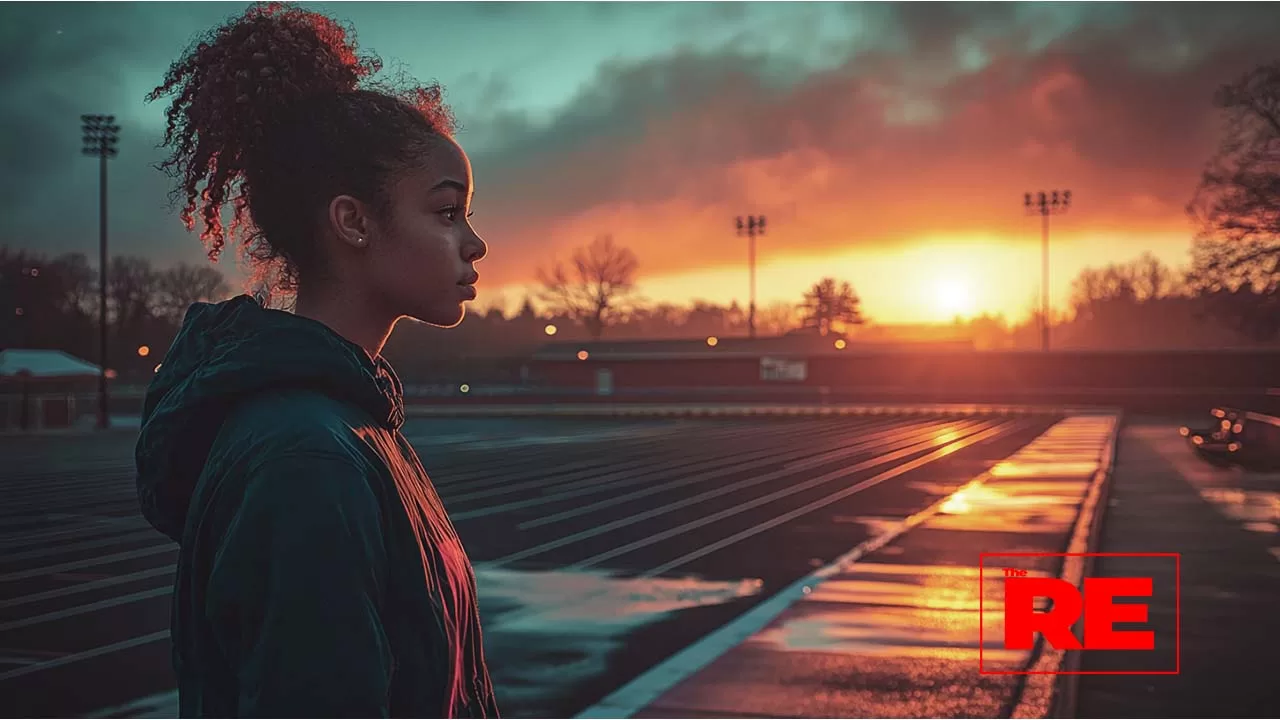
The hardest part is, we don’t know how to talk about this anymore. If you question anything, you’re labeled. Transphobic. Hateful. Ignorant. And that shuts the whole conversation down before it even starts. There’s no room for people like me—people who are still thinking, still navigating, still trying to hold space for more than one truth at a time.
This isn’t about picking a side. This is about naming the conflict. Saying the quiet part out loud. And being honest enough to admit that fairness, identity, faith, and freedom don’t always align neatly.
I’m not trying to come off like I have all the answers. I don’t. What I have is life experience, spiritual conviction, and a desire to see everyone treated with dignity—without rewriting the rules so much that fairness gets erased in the process.
So that’s where we start. With honesty. With tension. With the willingness to say: “I’m not against you—but I’m not sure I agree with everything either.”
Because if we can’t admit that complexity exists, then we’re not ready to solve any of this. And we’re definitely not ready to protect both inclusion and fairness in the same sentence.
Let’s step outside the emotional and into the facts—because no matter how we feel about inclusion, fairness still has to be measurable. If someone wins a race by half a second, that’s not bias. That’s biology. And when we talk about high school sports, we’re talking about systems built to measure effort, talent, and outcome.
That’s why Title IX matters here.
Originally passed in 1972, Title IX was created to ensure equal access to education and sports for women. It wasn’t just about giving girls a chance to play—it was about leveling a field that had been historically tilted against them. That’s why we have separate teams. Not to divide, but to protect opportunity.
And now, fifty years later, we’re rewriting that structure in real time without fully accounting for the consequences.
Take Connecticut, for example. Between 2017 and 2020, two trans girls dominated high school track, winning 15 state titles between them—titles that, just a year before, were held by cisgender girls. Those girls eventually filed a lawsuit, arguing that the playing field had been altered in a way that erased their chances. One of them, Selina Soule, missed qualifying for regionals by one spot—right behind a trans athlete.
She wasn’t mad about losing. She was mad that the rules changed after she had already trained under one set of expectations.
And that’s what this really comes down to—expectations.
You train your whole life under a system that says, “You’re competing against people with similar biological attributes.” Then suddenly, you’re not. And if you raise your hand and say, “Wait, is this fair?”—you’re the problem. You’re the headline. You’re the bigot.
Meanwhile, the science is clear. The Journal of Medical Ethics published a study showing that even after one year of hormone therapy, trans women retain significant physical advantages over cis women—especially in speed and strength. Other studies back this up, showing that muscle mass, bone density, and oxygen-carrying capacity don’t fully level out post-transition, particularly if the athlete went through male puberty.
This isn’t a debate about identity. It’s a question of performance. And in a world where a tenth of a second can decide who gets a scholarship or a spot on the podium, those small advantages matter.
Now, I know what some people will say: “So what? Life’s not fair.” But sports are supposed to be. That’s the point. That’s why we test for steroids. That’s why we have age brackets and weight classes. That’s why we don’t let a 19-year-old wrestle a 13-year-old, even if they’re the same size. Fairness is the structure that holds competition together.
And here’s the other piece—money.
There’s a growing wave of nonprofit and political organizations pushing for trans inclusion in sports, and a lot of them are funded by big-money donors, advocacy groups, and think tanks. It’s not just about making space—it’s about making statements. Meanwhile, most of the families fighting these battles? They’re not activists. They’re just trying to figure out why their daughter, after years of hard work, suddenly lost her spot on the relay team.
This isn’t just happening in track and field. It’s playing out in swimming, wrestling, volleyball, even cycling. You’ve got Lia Thomas, the University of Pennsylvania swimmer, winning NCAA titles after transitioning. And while she followed the NCAA’s rules at the time, the response was divisive—even within the LGBTQ+ community. Because again, two truths: she followed the rules, and people still questioned whether those rules were fair.
And the media? They frame it one way or the other. Either it’s a brave, groundbreaking story about inclusion, or it’s a fear-mongering piece about the destruction of women’s sports. What’s missing is the middle ground—the space to just ask the question: How do we honor identity without compromising fairness?
That’s not an easy question. But pretending it doesn’t exist isn’t a solution. It’s avoidance.
Because when we get it wrong, the damage ripples out. A cis girl loses a scholarship. A trans kid gets booed at a meet. Parents pull their kids out of sports altogether. Coaches stop speaking up. And everyone walks away feeling like there’s no winning—just choosing who loses more quietly.
This isn’t sustainable.
We can’t build a future where acknowledging biology becomes an act of hate. Nor can we create a culture where inclusion means erasing others. That’s not equality. That’s imbalance.
So if we’re going to have this conversation seriously, we need better data, clearer rules, and the humility to admit that this isn’t just about politics. It’s about bodies. It’s about outcomes. It’s about young people on both sides who are trying to find a place in systems that were never built for these kinds of questions.
And most importantly, it’s about having enough respect—for everyone involved—to not pretend this is simple. Because it isn’t.
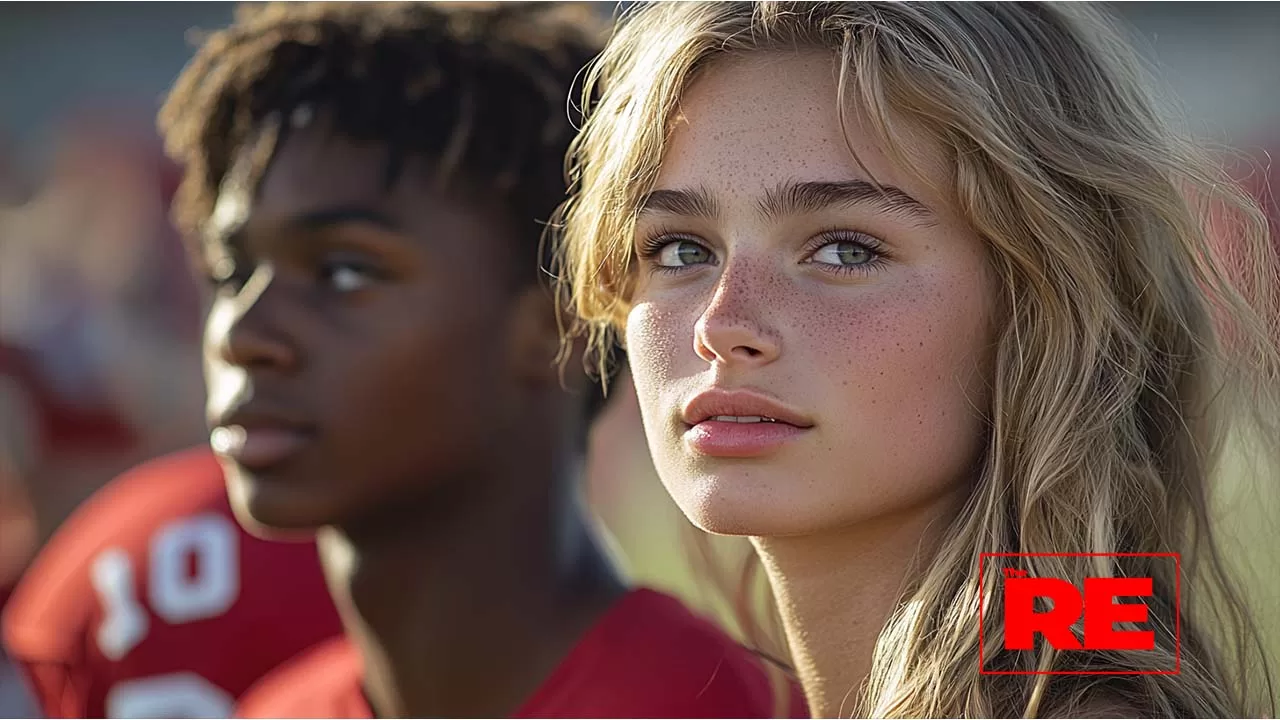
At some point, we all have to choose what we stand on. Not out of fear. Not because it’s trending. But because we’ve looked at everything—our beliefs, our experience, the facts—and made peace with the parts that may never align.
That’s what this is for me. A personal reckoning. One I’m still in the middle of.
There’s a version of this story where I say, “Live and let live,” and walk away. And truthfully, I still believe that. But when you start seeing girls who’ve been training since they were eight get pushed out of competition, or you see policies being rewritten without any real conversation, that’s when I have to stop and speak up.
Because inclusion without limits isn’t inclusion. It’s erasure.
I’m not against anyone living in their truth. I’m not here to shame anyone’s journey. I’ve known trans women I respect deeply. I’ve felt attraction. I’ve had friendships. This isn’t abstract for me—it’s personal. But so is my belief in fairness. And fairness doesn’t bend just because the conversation makes people uncomfortable.
And honestly, I’ve had to sit with that.
I’ve thought about what it would mean to cross that line—to explore a desire I’ve kept private for years. And every time, I go back to that conversation with Sean in college. “If I’m wrong, at least I’m covered. But if I live like it doesn’t matter, and I’m wrong… I’m really wrong.”
That voice still lives in me. Not as fear, but as caution. Because I’m not just thinking about who I am—I’m thinking about who I’m becoming. And what it means to carry both desire and restraint at the same time. That’s not weakness. That’s choice.
So when I look at the trans debate in sports, I come at it from that same place. Not to deny anyone’s humanity. But to say: we have to be honest about the consequences of our decisions.
Because every policy shift has a price. Every inclusion has a limit. And when we ignore those limits, we don’t become more just—we become more divided.
I’ve seen what happens when people try to speak up about this. They get labeled. They get dragged. And suddenly, instead of talking about fairness, we’re stuck defending ourselves from accusations that were never part of the conversation in the first place.
That silence? That fear? That’s not progress. That’s pressure. And it’s pushing people out of the conversation who actually care deeply—about all sides.
We have to create space for honest tension. For the person who wants to love and understand but also wants to protect fairness. For the athlete who respects trans identity but doesn’t want to lose what she’s worked for. For the coach, the parent, the policymaker who’s not trying to harm anyone—but who still has to make a decision that won’t please everyone.
We need to stop treating disagreement like violence. Disagreement is part of growth. And truth is rarely clean. Most of the time, it’s layered and full of contradictions. Just like this one.
I can support the right to exist. I can value human dignity.
I can also say: there’s a limit to what we can ignore in the name of inclusion.
And if we’re not ready to have that conversation, then maybe we’re not really ready to solve anything.
Because fairness isn’t a feeling. It’s a structure.
And structures, like people, fall apart when we stop honoring what they’re built on.
This is not breaking news. We don't report the news. We Unpack it. Explain it. And analyze what it means.
Click this button to add us to your home screen.

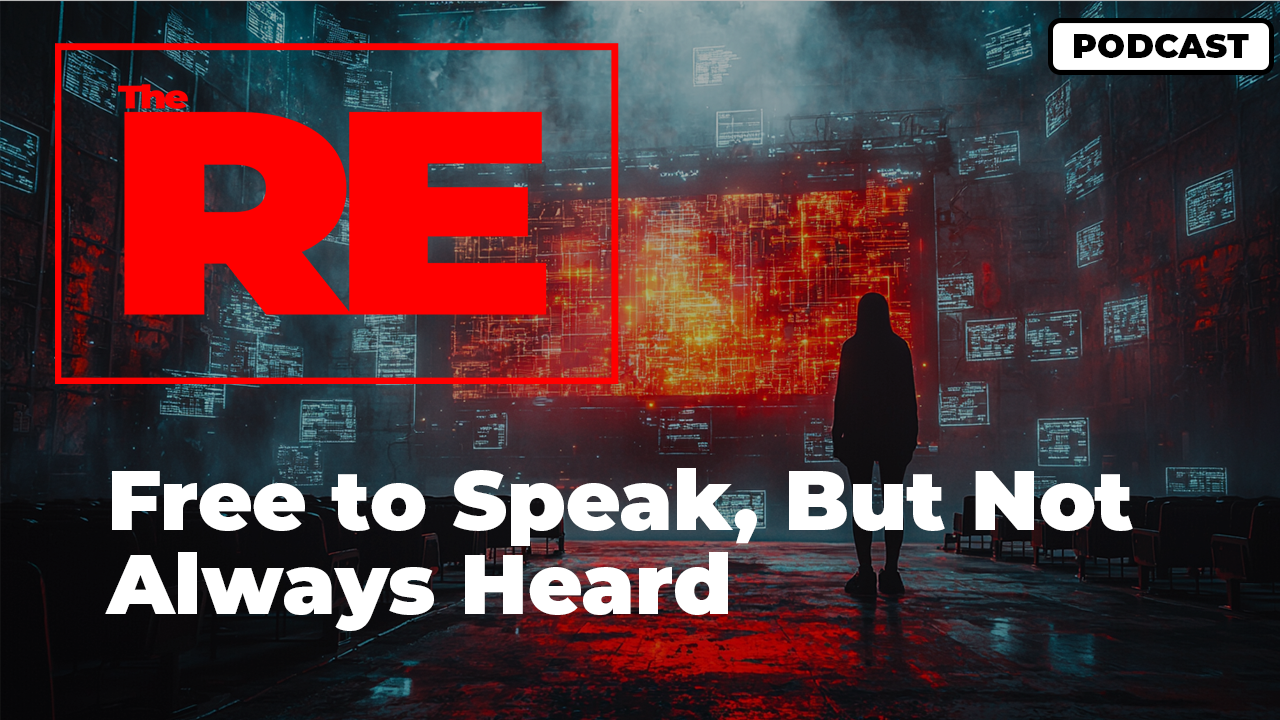
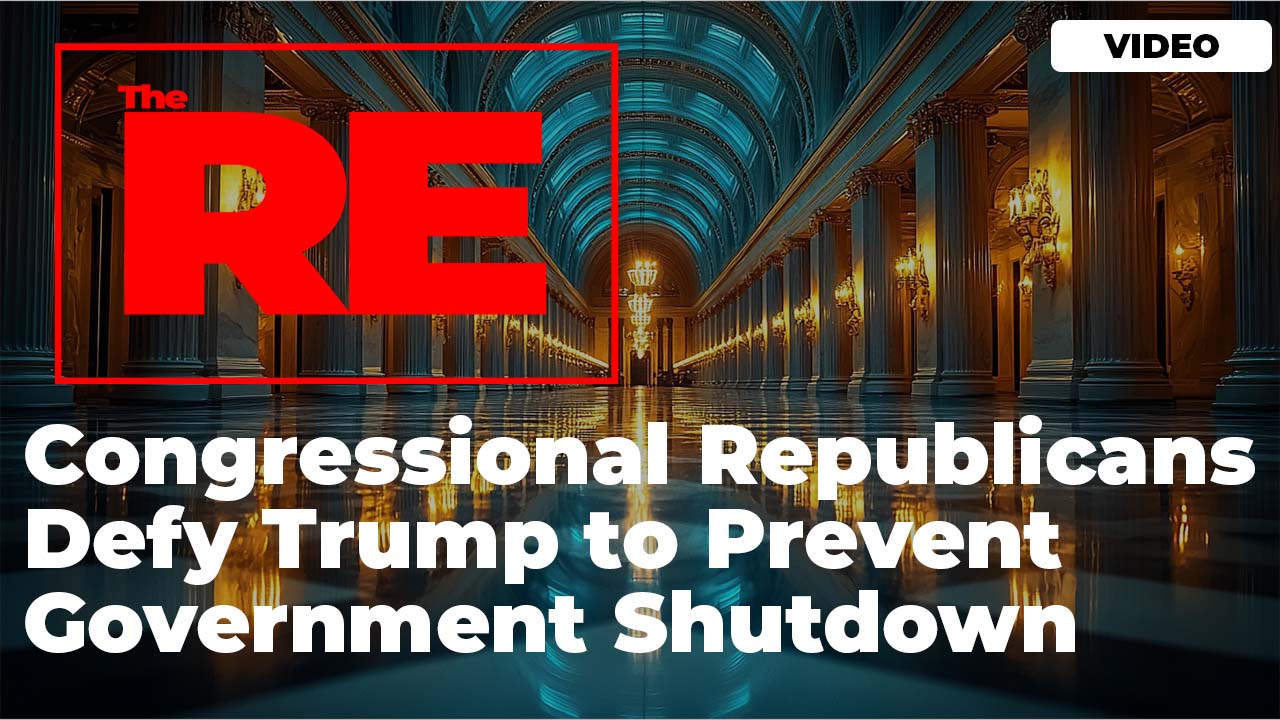
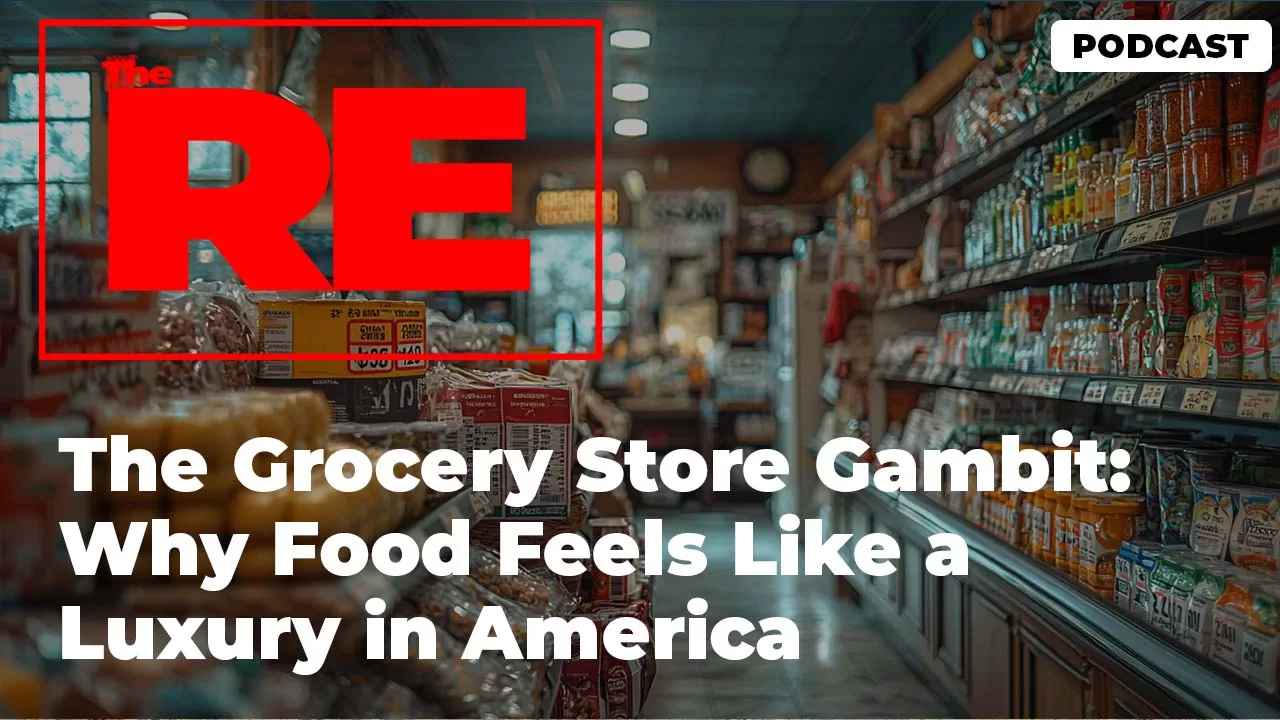

 and then
and then